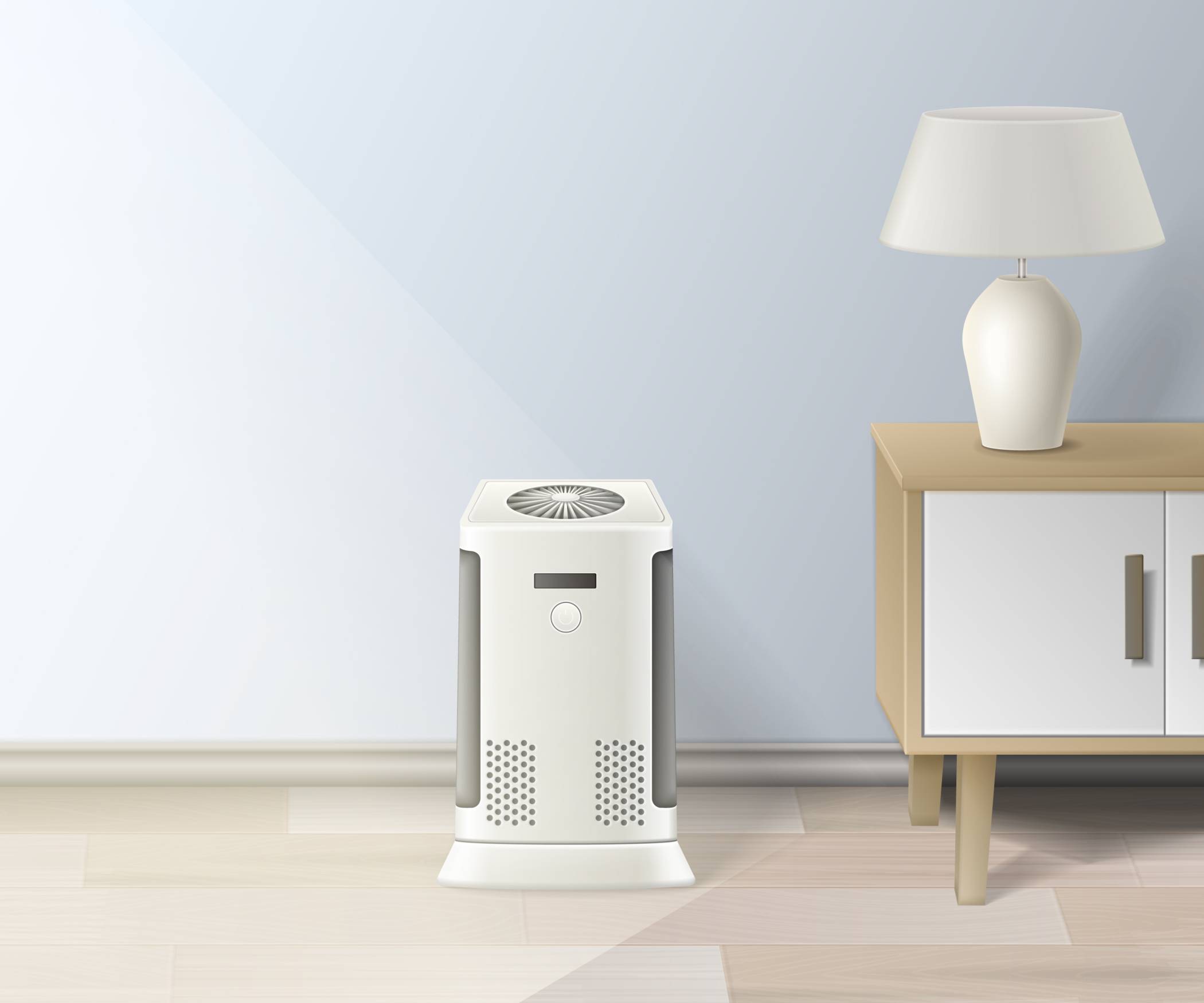Air quality in industrial environments has a substantial impact on worker health and safety, as well as operational efficiency and production. Industrial air filtration systems are critical in eliminating toxins from the air, resulting in a clean and healthy work environment.
Types of Industrial Air Filtration Systems
There are several types of industrial air filtration systems, each designed to address specific contaminants and applications:
HEPA (High-Efficiency Particulate Air) Filters: These filters capture 99.97% of airborne particles, including dust, pollen, bacteria, and viruses. They are commonly used in cleanrooms, pharmaceutical facilities, and healthcare settings.
ULPA (Ultra-Low Penetration Air) Filters: Even more efficient than HEPA filters, ULPA filters can capture particles as small as 0.12 microns. They are used in critical environments such as semiconductor manufacturing and research laboratories.
Bag filters absorb impurities using cloth bags. They are ideal for high-volume airflows and are commonly utilized in dust collection systems.
Electrostatic precipitators use an electric charge to attract and collect particle debris. They are widely employed in sectors including power generating and cement making.
Scrubbers use a liquid to remove contaminants from the air. They are effective at removing gaseous pollutants and are often used in industries such as chemical processing and waste incineration.
Benefits of Industrial Air Filtration Systems
Improved worker health: By removing dangerous particles from the air, filtration systems can lower the risk of respiratory diseases, allergies, and other health issues.
Increased productivity: Clean air can boost employee morale, focus, and overall well-being, resulting in higher output.
Reduced maintenance expenses: By keeping impurities out of equipment and machinery, filtration systems can assist minimize maintenance costs and downtime.
Choosing the Right Filtration System
Choosing the right industrial air filtering system depends on a number of aspects, including:
Contaminant type: The most effective filtering technique is determined by the individual contaminants in the air.
Airflow rate: The amount of air that needs to be filtered determines the size and kind of filtration system.
Environmental conditions: Temperature, humidity, and pressure can all have an impact on filtration system performance.
Industrial air filtration system are essential for maintaining a clean, healthy, and productive work environment. By understanding the different types of filtration systems and their benefits, businesses can make informed decisions to protect the health of their employees and improve overall operations.
